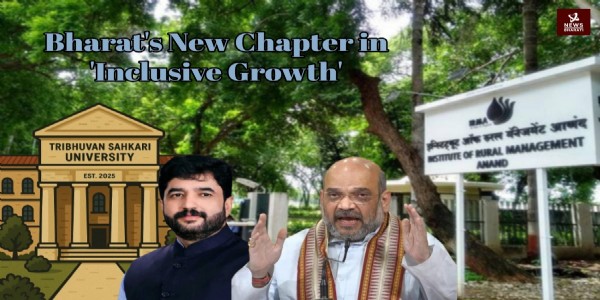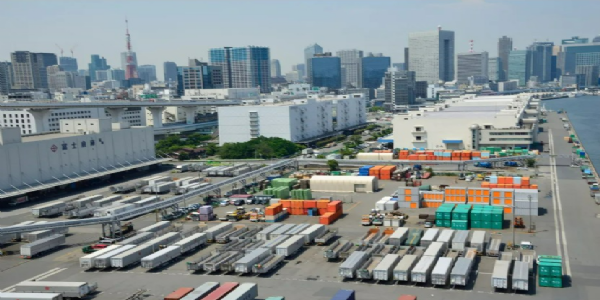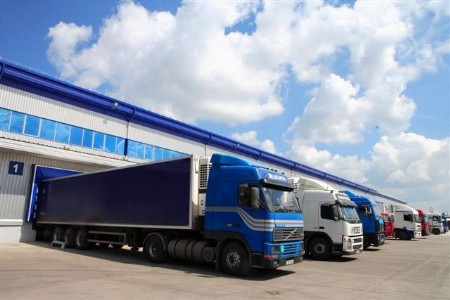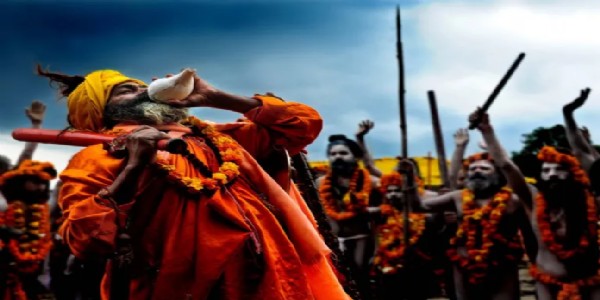NB Explains | What is the Cauvery water dispute? Why the issue has flared up again
Farmer bodies, Kannada organisations, and Opposition parties have called for a "bandh" in Bengaluru to protest against the release of water from the Cauvery river in Karnataka to Tamil Nadu.
Total Views | 125
Despite the Supreme Court giving its verdict on the 200-year-old dispute in 2018 he years-old, the Cauvery water dispute between southern states of Karnataka and Tamil Nadu continues to boil.
Farmer bodies, Kannada organisations, and Opposition parties have called for a "bandh" in Bengaluru to protest against the release of water from the Cauvery river in Karnataka to Tamil Nadu.

Over 175 organisations from across the state said they stand in solidarity with the farmer groups protesting against the release of Cauvery water to Tamil Nadu.
The protesters argue that water is being released to Tamil Nadu even as the southwest monsoon draws to a close and storage levels are very low in the Cauvery basin reservoirs in Karnataka. The Cauvery is the main source of drinking water for the city of Bengaluru and for the irrigation of farmland in the Mandya region of the state.
The Cauvery Water Management Authority (CWMA) — a largely apolitical authority created under the aegis of the Union water resources ministry to oversee the implementation of the 2018 Supreme Court orders — is the central agency that now regulates the dispute between the two states.
Why did a dispute arise despite the 2018 SC verdict?
The contention of political parties in Karnataka and Tamil Nadu is that the Supreme Court order of 2018 has spelt out the water-sharing norms only for a normal monsoon year and not a distress year, like the current one is turning out to be with rainfall over 30 per cent below normal.
The DMK in Tamil Nadu and the Congress and the JDS in Karnataka are calling for the PM’s intervention to create a mechanism for redressal of the dispute in distress years. The rainfall in August and September, out of the four months of monsoon that began in June, has been the lowest in the last 123 years for Karnataka.
Cauvery Water Disputes Tribunal
In 1990, the government established the Cauvery Water Disputes Tribunal (CWDT) to settle water disputes among the states of Tamil Nadu, Karnataka, Kerala, and Puducherry. The CWDT issued a directive to Karnataka to release 205 million cubic feet of water to Tamil Nadu on a monthly or weekly basis.
What is the CWMA order?
The Cauvery Water Management Authority (CWMA) order directed Karnataka to release 5,000 cusecs of water to Tamil Nadu for 15 days. However, the top leaders governing the state said there has not been enough water to release.
Following the CWMA order of water sharing, concerns arose over the availability of surplus water in Karnataka. Both Karnataka chief minister Siddaramaiah and deputy chief minister DK Shivakumar held an important meeting in New Delhi on the Cauvery water-sharing dispute.
Calling for Prime Minister Narendra Modi's intervention in resolving the issue, Siddaramaiah said, “The prime minister has the authority to summon the two states and hear their arguments. Given this context, we have appealed for the Prime Minister’s intervention.”
Reason for the dispute
Deputy CM DK Shivakumar, who also holds the water resources portfolio, said that Karnataka has only one-third of the required water available. CM Siddaramaiah cited low precipitation after August and low groundwater table, being two major reasons for not releasing the water to Tamil Nadu.
The top Congress leader said, "Our rainfall ceases after August, whereas Tamil Nadu continues to receive rain after that. Their groundwater table is also higher, which worsens our situation.”
.
.
Bharati Web






